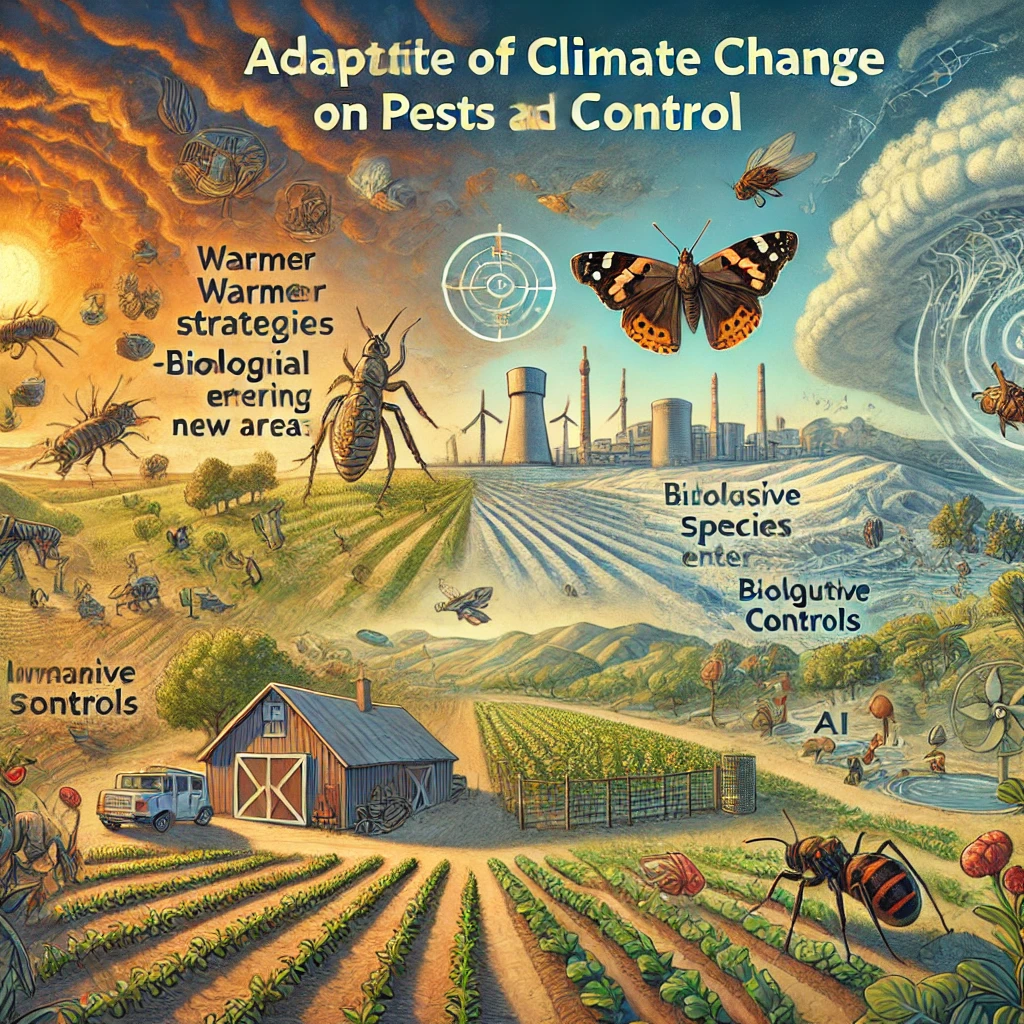
Introduction to Climate Change and Pest Behavior
Climate change is significantly altering pest behavior and the dynamics of pest populations worldwide. Changes in temperature, humidity, and precipitation patterns create new habitats for pests, allowing them to expand their range into previously unsuitable areas. This shift can increase the prevalence of pests in agricultural, urban, and natural environments, posing new challenges for pest control. Understanding the impact of climate change on pest behavior is crucial for developing adaptive pest management strategies that protect ecosystems, agriculture, and human health.
Changes in Pest Distribution and Abundance
One of the most noticeable effects of climate change on pest behavior is the alteration in their distribution and abundance. Warmer temperatures allow many pests, including insects like mosquitoes, ticks, and agricultural pests, to survive in regions that were once too cold for them. This expansion can lead to increased pest populations and the introduction of invasive species, which can disrupt local ecosystems and outcompete native species. Additionally, pests may reproduce more quickly in warmer climates, leading to larger populations and more frequent outbreaks, making pest management more challenging.
Impact on Agricultural Pest Dynamics
Climate change affects agricultural pests in several ways, complicating pest management efforts for farmers and agricultural professionals. Higher temperatures and extended growing seasons can lead to more generations of pests per year, increasing the pressure on crops. For example, the warmer climate has expanded the range of the fall armyworm, a major agricultural pest, causing significant damage to maize, rice, and other crops. Furthermore, changes in rainfall patterns and increased drought conditions can stress plants, making them more vulnerable to pest infestations. These factors necessitate more robust and adaptable pest management strategies to ensure crop protection and food security.
Challenges in Pest Control Due to Climate Variability
Climate change introduces variability that complicates traditional pest control methods. Pests may develop resistance to pesticides faster due to their rapid reproductive cycles under warmer conditions. Moreover, extreme weather events, such as heavy rains and floods, can wash away pesticides or disrupt natural pest control methods, reducing their effectiveness. These conditions require the development of more resilient pest management techniques, including the use of biological controls, genetic resistance in crops, and Integrated Pest Management (IPM) practices that combine multiple control methods to adapt to changing pest dynamics.
Adaptive Strategies for Pest Control in a Changing Climate
Adapting pest control strategies to the challenges posed by climate change involves integrating advanced technologies and sustainable practices. Predictive modeling and data analytics, powered by artificial intelligence, can help forecast pest outbreaks and guide timely interventions. Biological control methods, such as introducing natural predators or parasites, can provide sustainable alternatives to chemical pesticides. Additionally, breeding pest-resistant crop varieties and promoting agroecological practices that enhance ecosystem resilience can help mitigate the impact of pests in agricultural settings. Collaboration between researchers, policymakers, and farmers is essential to develop and implement these adaptive strategies effectively.
